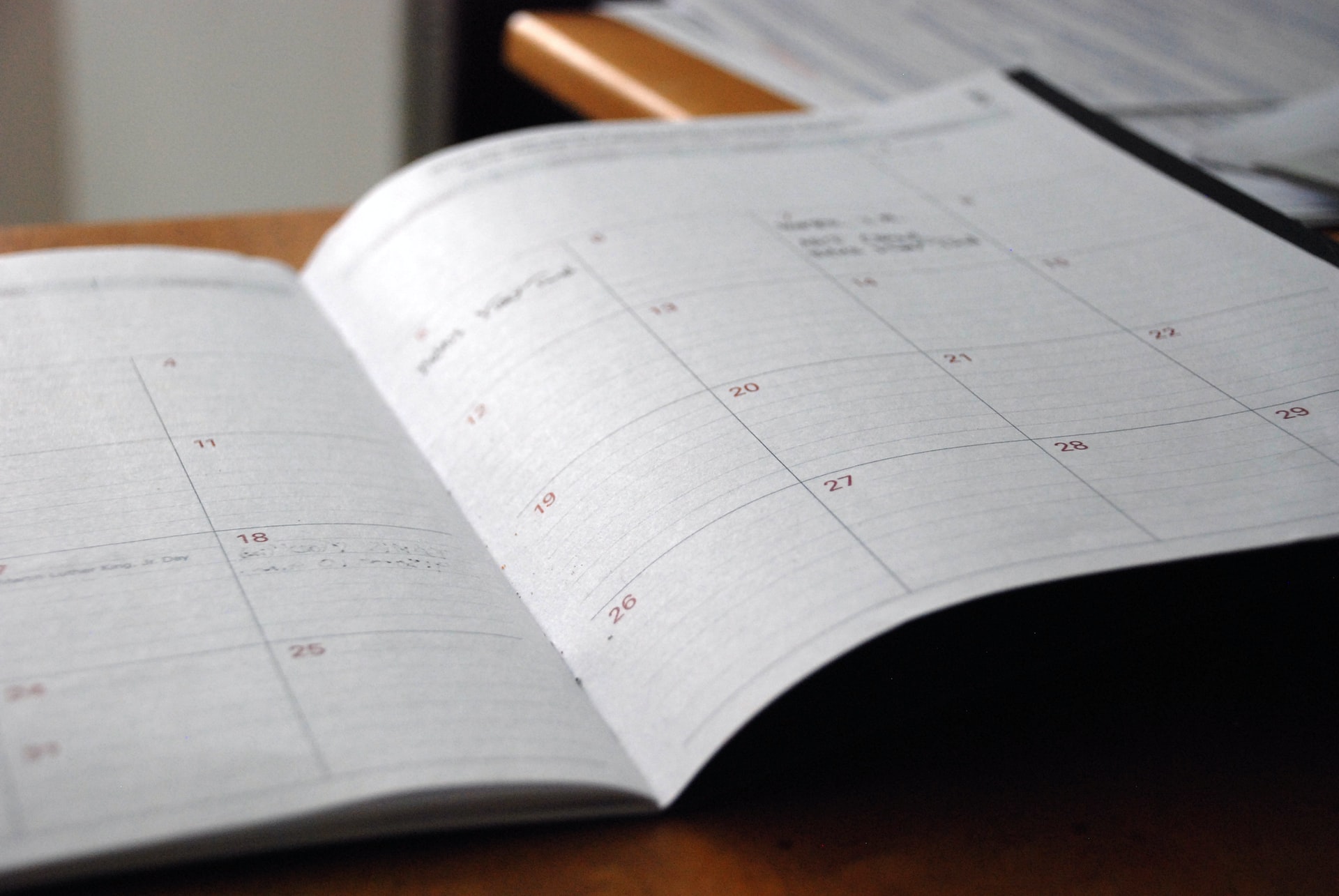ARTICLE
Exam preparation – 10 study tips
Exams can be stressful and this years’ exam season certainly isn’t a “normal” one. We’ve pulled together 10 tips which could help children and young people reduce their worry and stress during this time.
May 06, 2021


